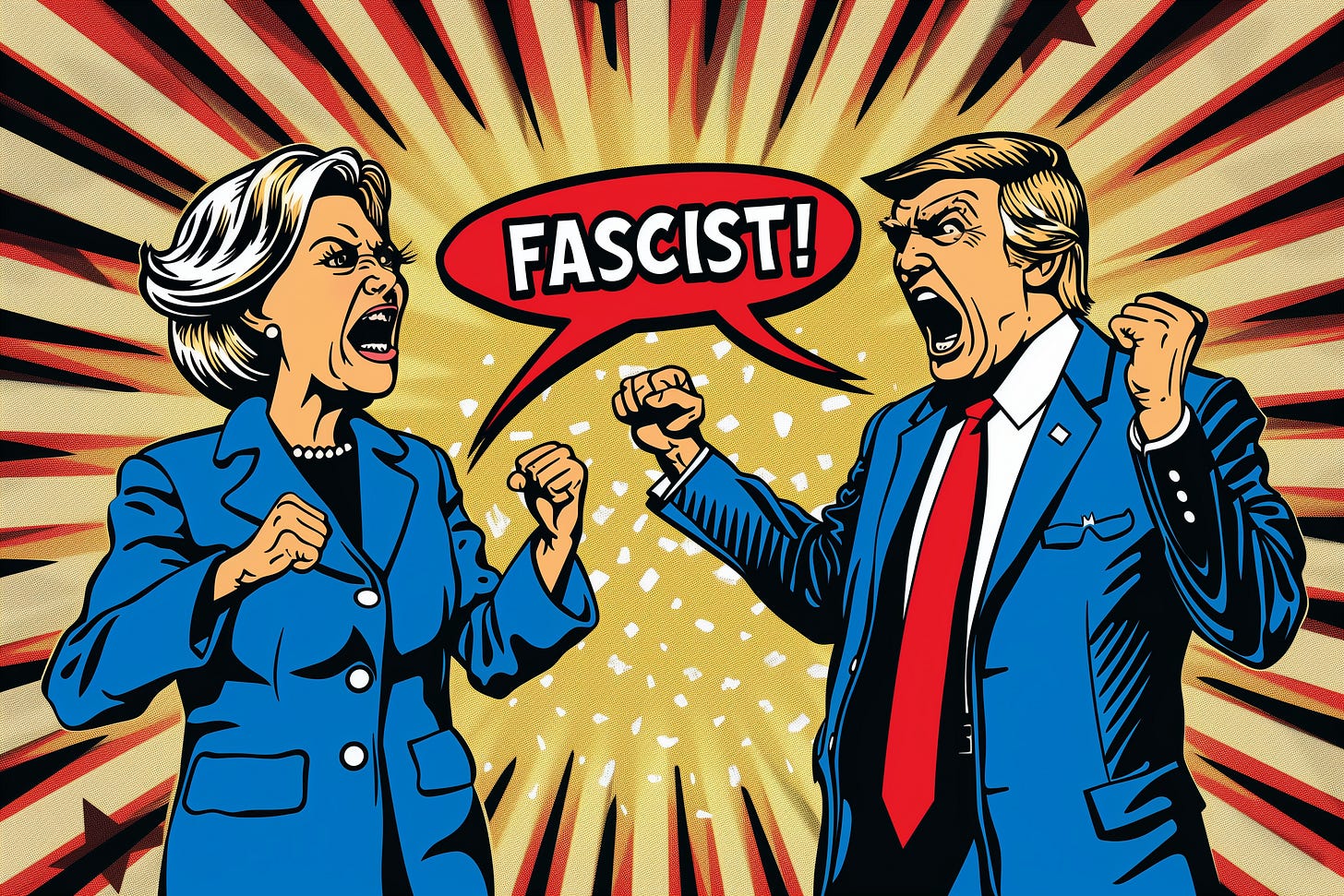The politics of infantilism
This US election proves that mainstream political discourse is now indistinguishable from social media squabbling.
This week Kamala Harris described Donald Trump as a “fascist” who seeks “unchecked power”. Conservative commentators have expressed outrage at this absurd strategy, one which will doubtless backfire. And yet they appear to have forgotten that Trump has repeatedly referred to Harris as a “fascist” and, one on occasion, called her a “Marxist, communist, f…



